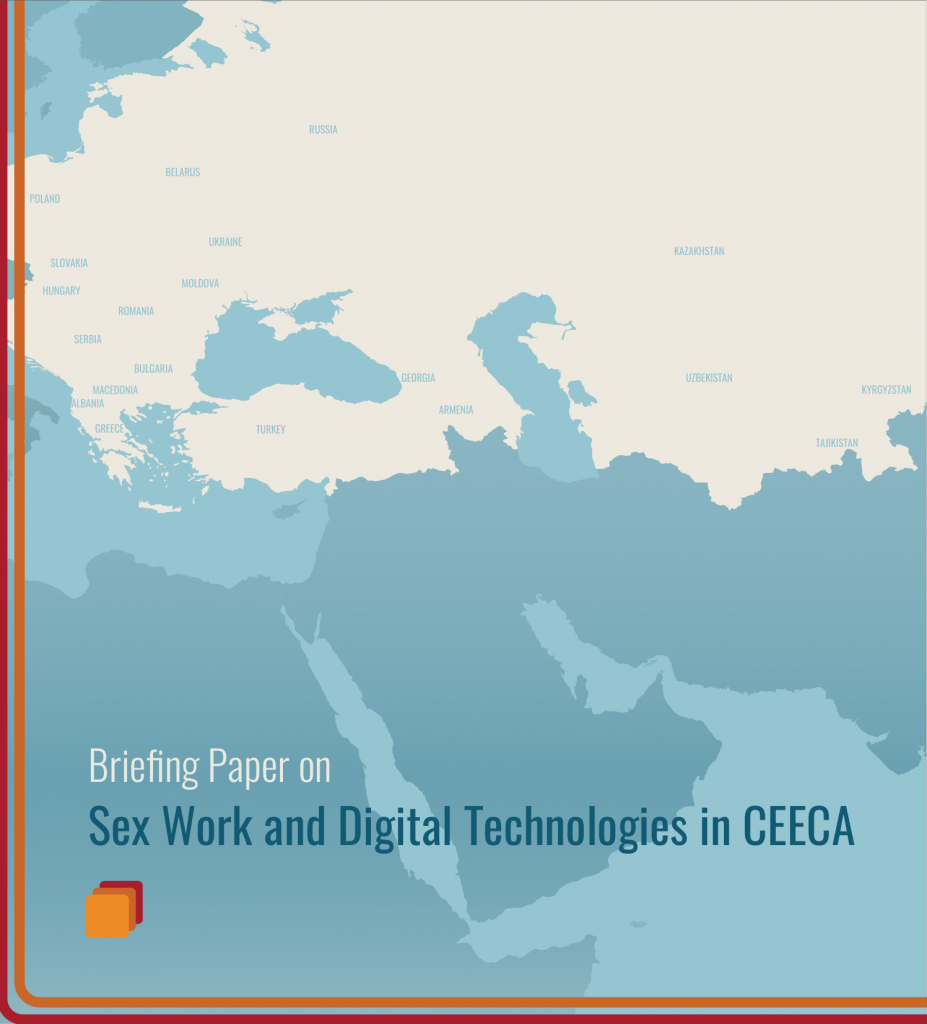Navigating Digital Realities: Unveiling the Intersection of Sex Work and Technology in CEECA
In honor of International Human Rights Day on December 10th, we are happy to publish a groundbreaking paper that underscores the intricate link between digital rights and the rights of sex workers in the ever-evolving landscape of the 21st century.
The pervasive influence of digital technologies on global society is unmistakable, permeating every aspect of human life. Nowhere is this impact more profound, yet often overlooked, than in the realm of sex work. In the Central and Eastern Europe and Central Asia (CEECA) region, the advent of digital technologies has ushered in a new era for sex workers, presenting both unprecedented opportunities and unforeseen challenges.
From the internet and mobile apps to online payment platforms, digital technologies have indelibly transformed the dynamics of sex work across CEECA. Empowering sex workers to reach a broader clientele, manage their work efficiently, and enhance financial security, these advancements also bring about new vulnerabilities, including digital surveillance, online harassment, and algorithmic bias.
Meticulously developed by SWAN between April and September 2023, this briefing paper draws extensively from SWAN member organizations. Through a survey and in-depth interviews with representatives from key organizations in Kazakhstan, Ukraine, Poland, North Macedonia, and Kyrgyzstan, supplemented by desk-based research, the paper offers a comprehensive regional assessment. Data analysis and paper composition were expertly conducted by a consultant and reviewed by the SWAN Secretariat.
With a profound commitment to upholding the dignity, rights, and safety of sex workers, this briefing paper delves into the intricate relationship between sex work and digital technology in CEECA countries. By shedding light on various facets of digital technology use among sex workers, the paper provides a nuanced understanding of digital inequalities, safety concerns, and security issues within the context of sex work.
Our ultimate goal is to inform evidence-based policymaking, empower sex worker communities, and advocate for a more inclusive and just society. Through this exploration of the interplay between digital technologies and sex work, the paper aims to initiate a dialogue that transcends conventional boundaries, fostering a compassionate understanding of the challenges faced by sex workers in the CEECA region.
